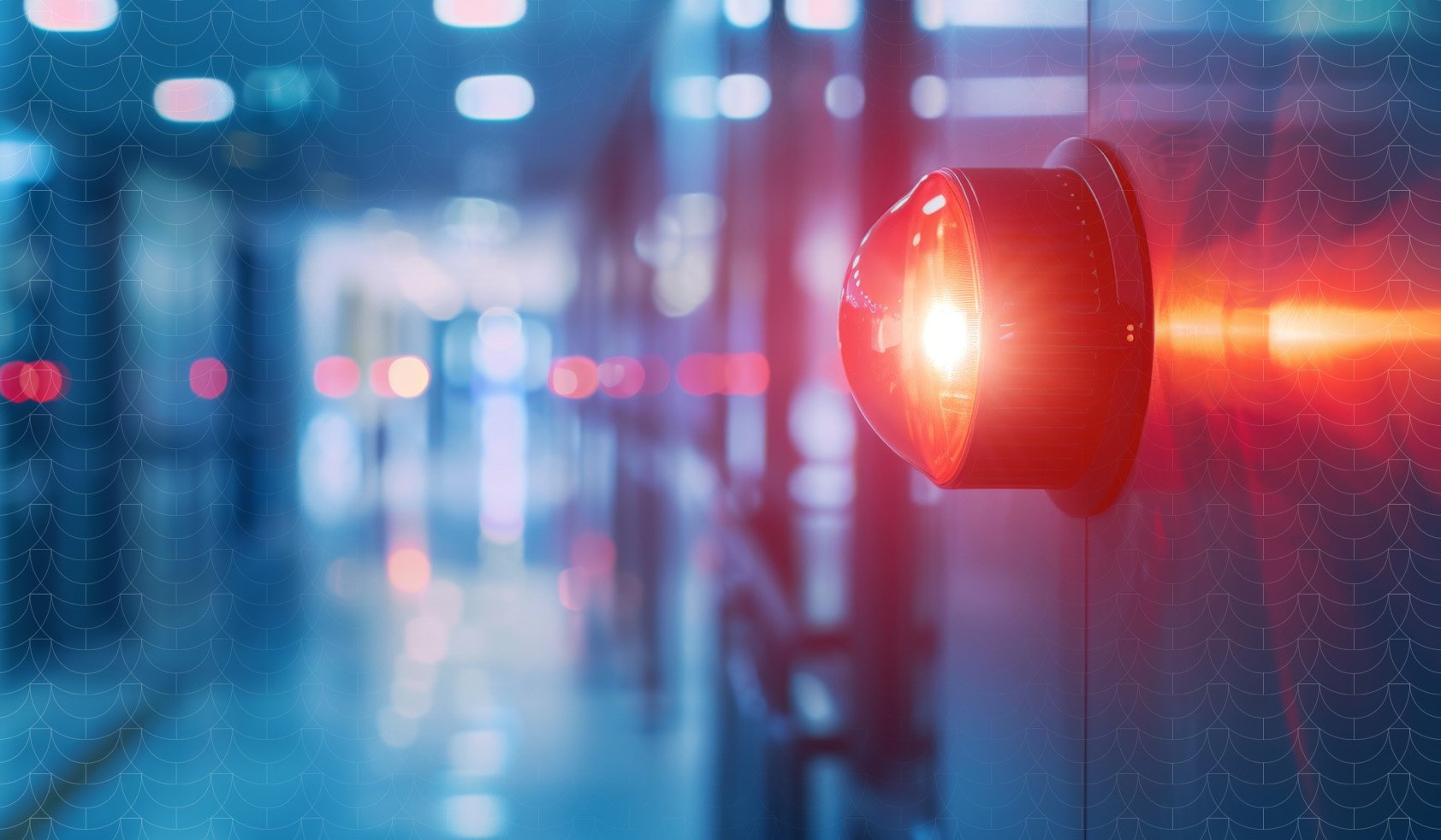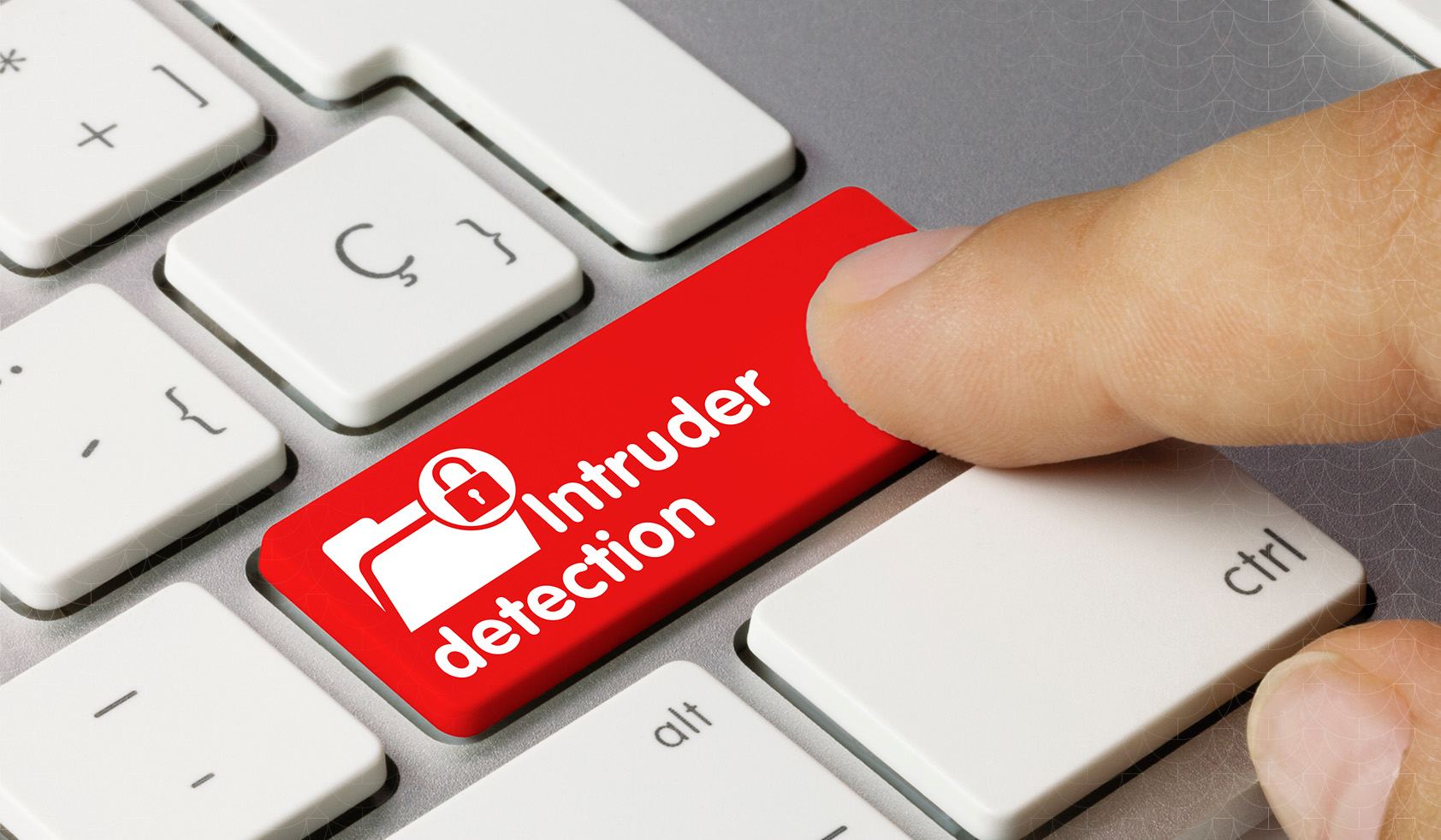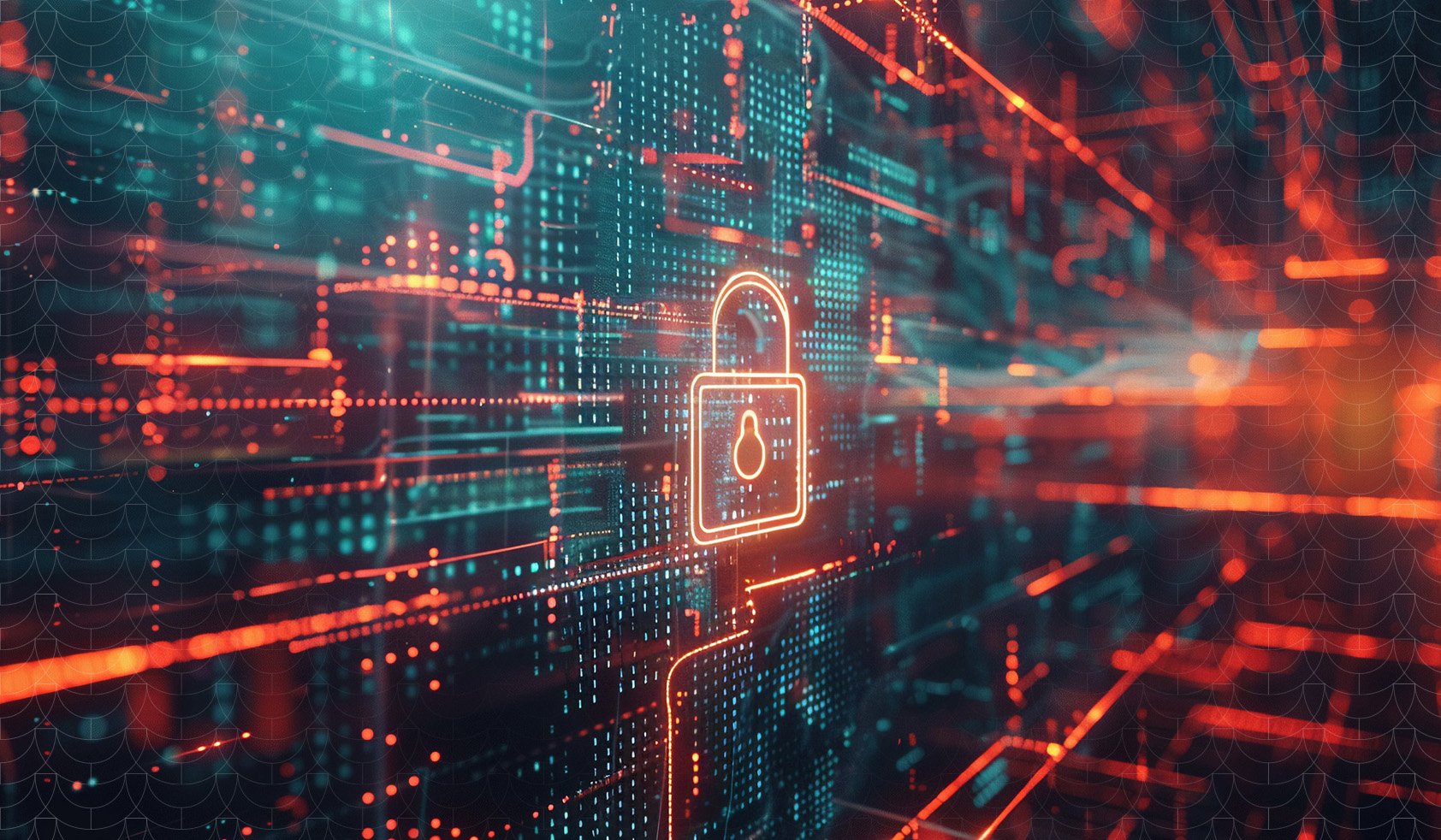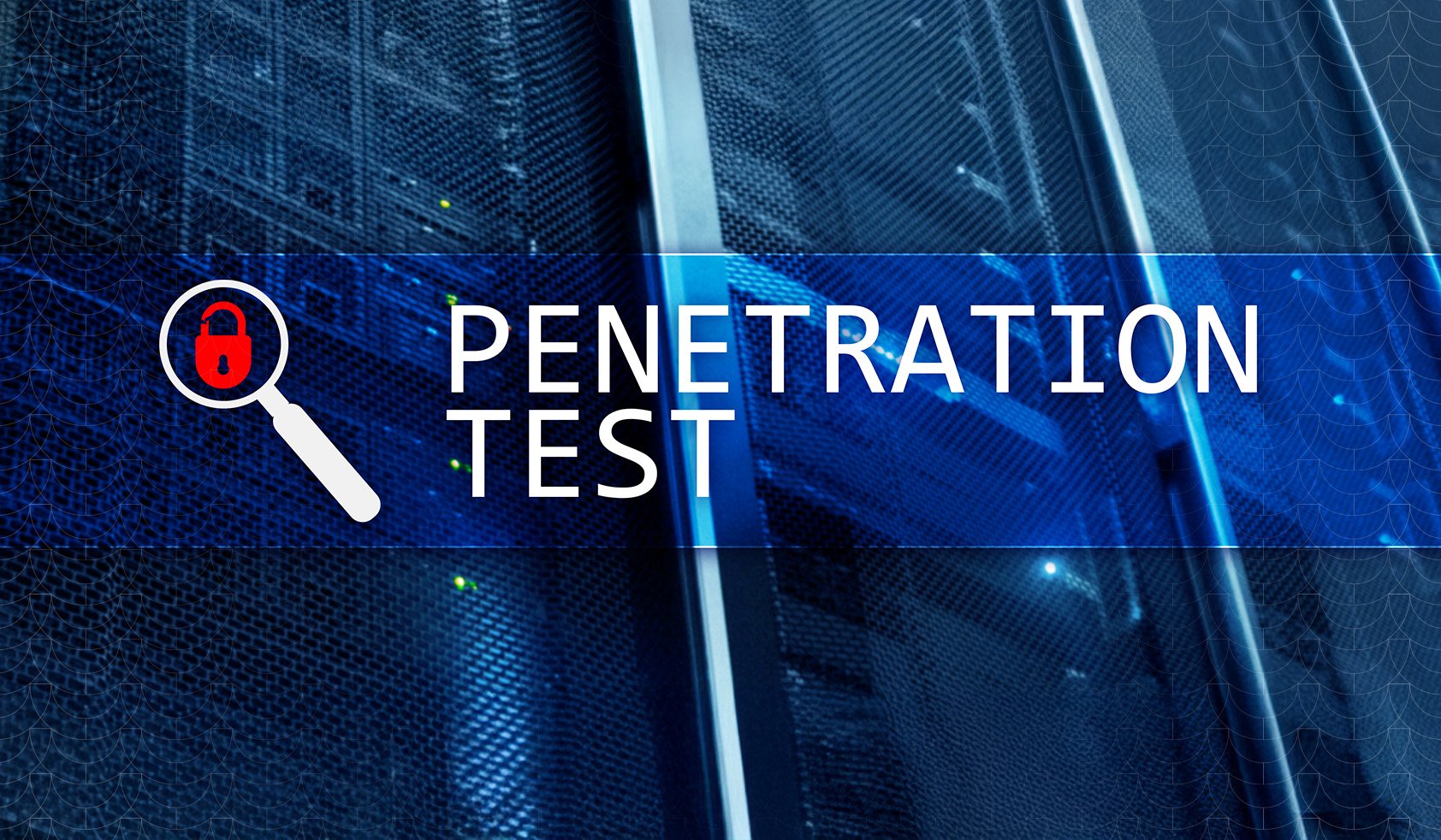You know the feeling of locking up for the night, securing your premises safely until morning… But what happens when an alarm goes off at 03:00? A traditional siren makes a racket, but it needs someone to hear it and intervene. The delay between detection and response is where most of the damage is done.
This is where professional commercial alarm monitoring becomes a non-negotiable. It transforms your alarm from a passive warning into a proactive, rapid-response system. Let’s explore what commercial alarm monitoring really is, how it works, why it matters, as well as its key features, benefits, and common use cases.
What is commercial alarm monitoring?
Commercial alarm monitoring connects your business' alarm system to a team of trained security professionals. When a sensor is triggered, the system alerts this team, who then verify the threat and coordinate a rapid response from emergency services or your staff.
Monitoring in this way bridges the gap between detection and action.
How 24/7 alarm monitoring works
24/7 alarm monitoring is so popular with business owners because it provides both continuous vigilance and a structured response. An alarm doesn’t just sound, it triggers a clear sequence of events focused on a resolution. The specifics can vary by system, but a generalized process might look like:
- Alarm: A sensor is triggered (e.g. intrusion or fire) and the system transmits a signal to the monitoring center.
- Verification: Trained operators verify the threat, using live video feeds or data from other sensors. Without this step, false alarms can quickly waste emergency resources.
- Response: The monitoring center contacts the appropriate emergency services, as well as the parties listed in a pre-approved response plan. This could include the business owner, designated employees, or a private security team.
- Updates: The service keeps relevant parties informed, so the right people can assist and make decisions when needed.
- Resolution: After the situation has been resolved, the system is reset and all stakeholders are notified.
Benefits of 24/7 commercial alarm monitoring
Alarm fatigue is a growing problem. Research has shown that 87% of people would ignore a burglar alarm and that 59% of IT professionals face over 500 cloud security alerts every day. Adopting a 24/7 commercial alarm monitoring service with an automated response promises huge advantages when it comes to your security and efficiency.
Rapid response
Monitored alarms guarantee an immediate response from trained professionals, who can dispatch emergency services within seconds. This is much faster and more reliable than hoping a passerby hears an alarm and makes a call. Monitoring improves your chances of mitigating issues.
Reduced risk
Not only does rapid response shorten the time in which a threat can cause harm, knowing that a property is professionally monitored is also a powerful deterrent to intruders.
24-hour protection
A monitoring center operates 24/7, 365 days a year. You’re protected while you sleep, during the weekends, and on holiday. When you cede control, your monitoring team steps up.
Peace of mind
Knowing your business is protected by a team of professionals gives you a true sense of security. Knowing that your property is being watched around the clock is incredibly reassuring and can’t be taken for granted.
Insurance-friendly
Many insurance providers require their customers to have a monitoring system in place. If you do, you may find lower premiums available to you.
Compliant
Depending on your industry, a 24/7 monitoring service may help you meet industry safety regulations and compliance laws.
Key types of commercial alarm monitoring
The best-known type of commercial alarm monitoring is for intrusion detection, but monitoring includes much more than that. Your business is exposed to more threats than just humans, after all.
- Intrusion alarms are the most common. They include motion detectors, door and window sensors, glass break detectors, and other perimeter sensors that alert to unauthorized entry.
- Fire and smoke alarms are critical for the safety of your personnel as well as protection of your premises and assets. Monitoring services connect to smoke, heat, and carbon monoxide detectors, instantly notifying the fire department in the event of an emergency.
- Environmental sensors protect your property from incidents like high temperatures in a server room, floods, or gas leaks.
- Panic and duress alarms are triggered by humans, not events. If your staff are in danger, they can activate their alarm. Common examples are a button under a desk or a fob to be worn or carried.
- Equipment and asset protection alarms protect high-value assets from theft or tampering. Often used in warehouses and manufacturing facilities.
Common use cases for commercial alarm monitoring
The use cases for commercial alarm monitoring vary between industries and businesses. We’ll share some common examples below, but this is not an exhaustive list by any means.
Retail stores
The National Retail Federation in the USA put the cost of theft and retail crime at $112.2 billion in 2022. To protect themselves, retailers secure stockrooms and storefronts, monitoring for break-ins, fires, and environmental incidents that could destroy stock.
Warehouses
Warehouses are high-risk environments, from intruders and OSHA risks to environmental incidents damaging stock. Monitoring a warehouse will involve multiple systems and assets.
Office buildings
In multi-tenant buildings, monitoring services provide continuous protection for common areas, as well as individual tenant spaces.
Healthcare facilities
Hospitals and clinics use monitoring to ensure the safety of patients and staff, protect confidential data, and secure pharmacies and other restricted areas.
Schools
Alarm monitoring protects campuses from vandalism and break-ins especially after hours, on weekends, and during those long school holidays.
Key features to look for in a commercial alarm monitoring service
There are a few capabilities you’ll want to look out for as you choose your commercial alarm monitoring service. While there is no ‘one size fits all’ solution - and needs vary wildly between industries and geographies - these are the basic features you should seek from a supplier.
- Round-the-clock service: 24-7/365 uptime is essential. If there are gaps in the service, there are gaps in your security.
- Video verification: The team should verify alarms through live video feeds and multi-sensor monitoring to reduce false alarms and respond accurately to any incident.
- Integration: A good monitoring service integrates with your existing security systems, including access control, video surveillance, visitor management, and intrusion detection.
- Mobile alerts: The service should provide instant mobile alerts, so you stay up to date and in control.
- Remote access: Administrators should have remote access so that you can keep watch from wherever you are.
- Incident reporting: The service should offer detailed incident reporting and analytics for audits, compliance, and optimization.
Challenges of alarm monitoring and how to overcome them
Alarm monitoring is an effective way to switch your incident response from passive to active, protecting your business more effectively. Still, there are challenges to be mindful of - especially when it comes to setup and maintenance.
- False alarms: False alarms can lead to unnecessary dispatches, expensive response costs, and even fines. Choosing a service with video verification, multi-sensor detection, and a tiered response plan will help reduce these incidents.
- Reliability: The best systems have high quality technology in place to work reliably. They also have secondary centers and systems in place should their primary center go down.
- Training: To make your system as effective as possible, train employees to respond to alerts including what to do if an alarm goes off, who they should call, and how to verify the threat.
- Cost: Alarm monitoring does come with a cost, so it’s important to tailor the system to your needs to make the investment worthwhile.
Why businesses choose Acre Security for commercial alarm monitoring
With Acre Security, you get reliable commercial alarm monitoring that turns a simple siren into a unified security ecosystem. It’s straightforward to integrate our solution with your intruder detection, access control, and video surveillance systems for a comprehensive security setup.
With a centralized view and remote access to all your systems, you can shave vital minutes off your response times minimizing the risk of loss or damage. Our solutions include continuous protection, trained personnel, video verification and multi-sensor detection. Plus, you’ll have a team of experts on hand for onboarding and ongoing maintenance.
Get eyes and ears on your business, 24/7.
An intelligent response when your business needs it most
By itself, an alarm is essentially just a loud noise in the dark. It may draw attention, but it doesn't guarantee a response. 24/7 commercial alarm monitoring is the vital link that turns noise into signal.
When you lock your doors, you know that an expert is on alert, ready to verify a threat and address the situation instantly.
This kind of service protects against break-ins, yes, but it also creates a smarter, more integrated security setup for your business. Above all else, it delivers peace of mind that alarms can't. Knowing that your property is under careful, expert watch is invaluable.
Partner with Acre Security to secure reliable, 24/7 alarm monitoring.





